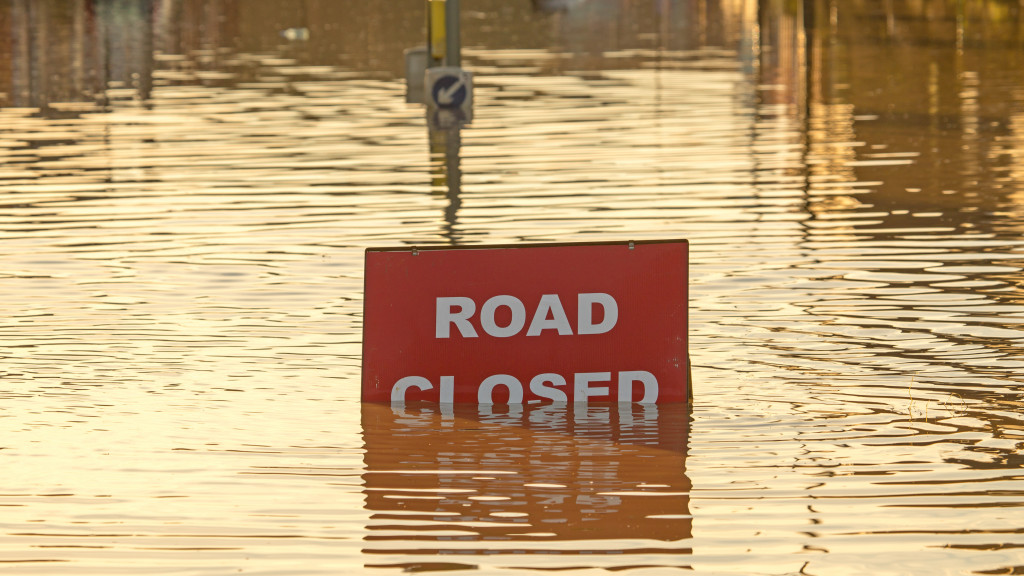- Assess the risks posed by various natural disasters.
- Create a disaster plan that includes roles and resources for emergency responders.
- Protect your property against extreme weather events.
- Create policies in place for your employees to ensure your business is ready for disasters.
- Develop a business continuity plan for alternate locations and remote working strategies.
Natural disasters can have a devastating effect on businesses, leading to financial losses and disruption of operations. The best way to protect your business against natural disasters is to prepare in advance and have an emergency plan. This guide will cover important steps to protect your business from natural disasters and minimize the impact of any potential disruption.
1. Assess Your Risks
The first step in protecting your business from a natural disaster is to assess the risks posed by various events, such as floods, hurricanes, tornadoes, earthquakes, and wildfires. Consider your geographical location and investigate other risks specific to your area. Knowing the risks will help you identify the necessary steps for protecting your business from these events.
2. Create a Disaster Plan

Once you have identified the risks, create an action plan for responding to and recovering from a natural disaster. Ensure all personnel knows their roles in an emergency and how to access the appropriate resources. You should also keep a list of contact information for key personnel and emergency responders, such as the police and fire departments. Here are other some contacts you should keep:
Water Damage Cleanup Companies
Utilizing professionals that specialize in water damage restoration can make all the difference in recovering from a natural disaster. Their services include identifying and repairing any water-related damage, such as structural issues, mold growth, and air quality concerns. Water damage cleanup companies will also coordinate with insurance adjusters to help minimize costs and speed up recovery. By having this resource readily available, it can help ensure your business is back up and running as quickly as possible.
Insurance Providers
Insurance providers are also important to contact in an emergency. They can help you file a claim and get the coverage you need to cover costs associated with the disaster. You should review your policy beforehand and ensure it protects against natural disasters like floods, fires, or hurricanes. You should know the deductible you must pay and what is covered. Having a list of documents on hand that may be required for filing a claim can also be helpful.
Backup Vendors
Backup vendors are essential for creating a disaster plan. They provide services and products to help your business recover data in an emergency. These can include cloud storage, backup tapes, offsite backups, server replication, etc. Investing in these services ensures your business is prepared for any potential disaster or interruption. Many vendors offer services tailored to the needs of businesses, so make sure you research and find one that is right for your organization.
Emergency Supplies Vendors
When creating a disaster plan, it is important to have access to emergency supplies. This includes first-aid kits, flashlights and batteries, food and water, blankets and clothing, medications, pet supplies, etc. Keeping a list of vendors who can provide these items in case you need them during an emergency is advisable. They are equipped to handle large orders and can provide the necessary items quickly and efficiently.
3. Protect Your Property

Ensure your building is structurally sound and can withstand extreme weather events. This could involve reinforcing doors and windows, installing storm shutters, and anchoring your roof to the walls. You should also install backup systems for power, data, and communication. This will help you continue operations even when the primary systems are down.
4. Create Policies for Your Employees
Ensure you have policies that enable your employees to respond effectively when a natural disaster strikes. The policy should include evacuation routes, contact information for emergency responders, and details of how to access offsite data storage locations. It is also important to provide staff with training on emergency protocols such as sheltering in place or evacuating the premises.
5. Develop a Business Continuity Plan
If your business is interrupted by a natural disaster, you need to have a plan in place for how to continue operations. Consider alternate locations, such as co-working spaces or remote offices, and develop strategies to ensure employees can continue working remotely. You should also consider setting up temporary systems for communication and data storage.
Final Words
Protecting your business from natural disasters requires planning and preparation. You can develop an effective strategy for protecting your business from these events with the five ways outlined above. With the necessary preparations and resources, you can ensure your business will survive a natural disaster and return to normal operations as quickly as possible.





